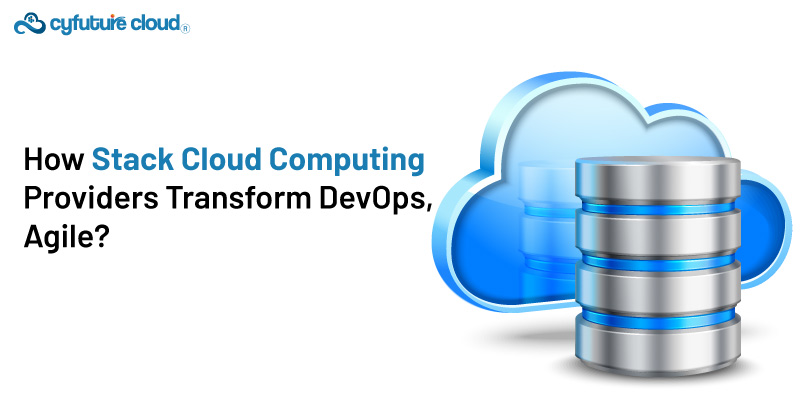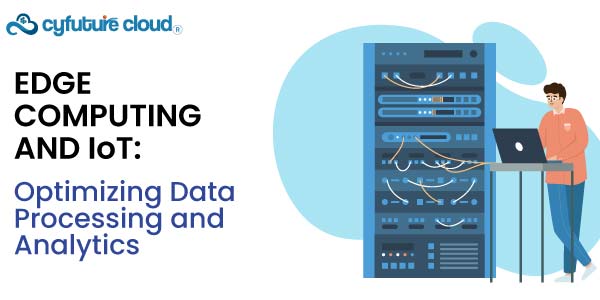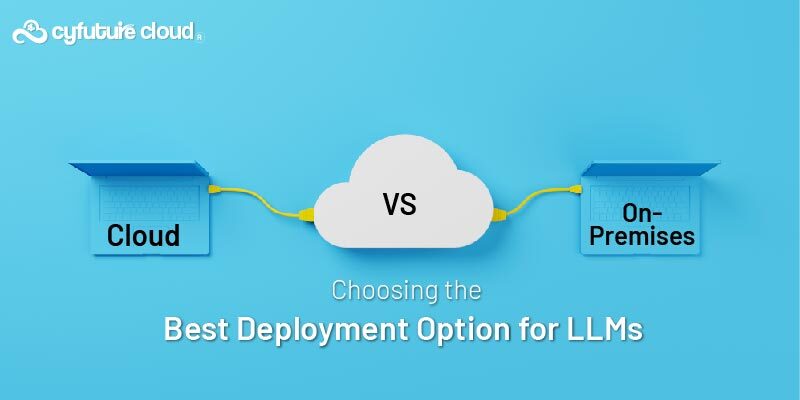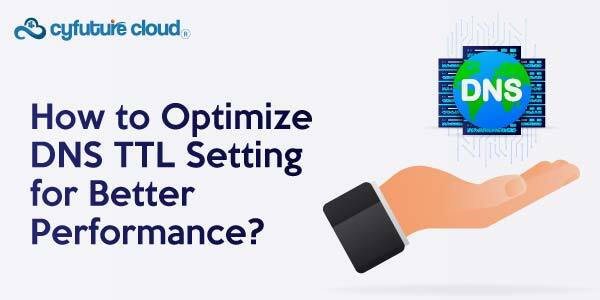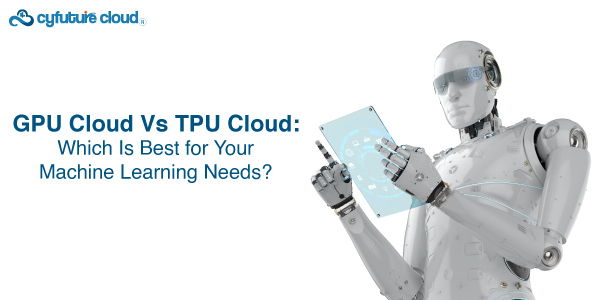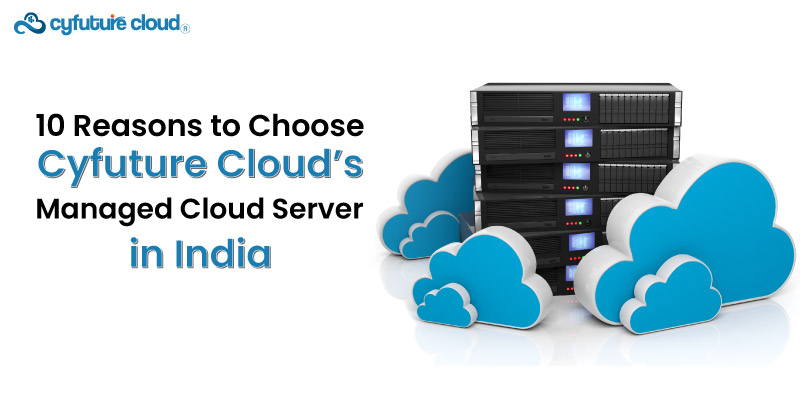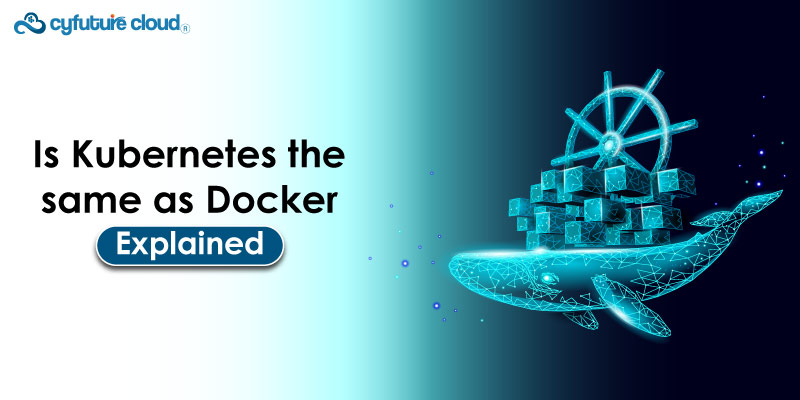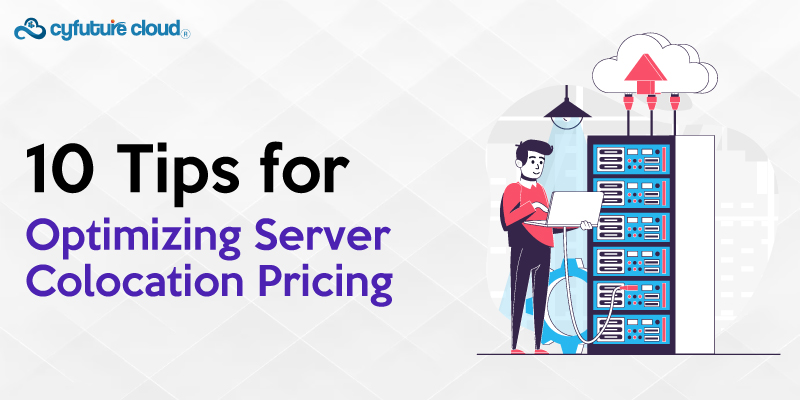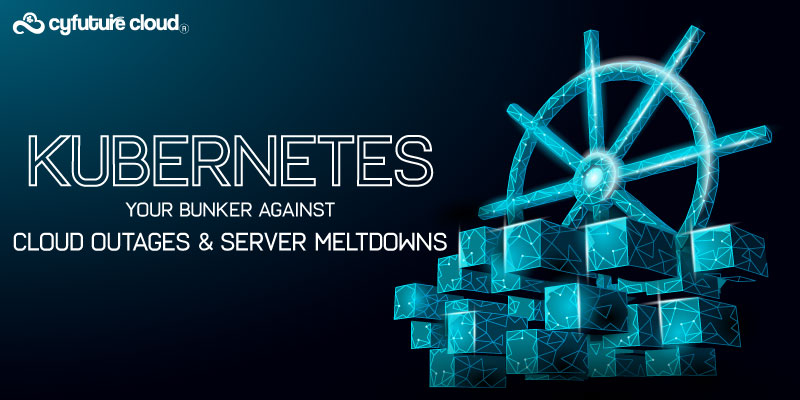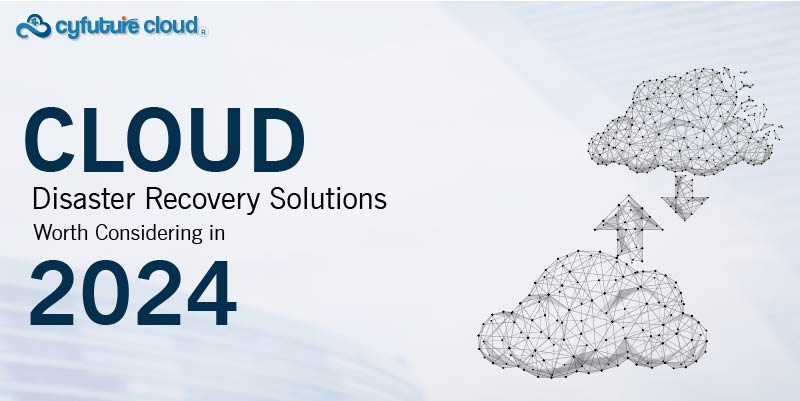Table of Contents
Ideally, the open source database landscape moves swiftly and MariaDB is the best example of that.
MariaDB Hosting is a popular relational database management system (RDBMS) that is forked from MySQL. In 2009, MariaDB became one of the top open source databases available.
Though it has many more striking resemblances to MySQL. MariaDB Cloud is a much better right database for businesses. MariaDB is designed for high performance and processing data faster than ever before.The performance of MariaDB cloud hosting is much better than MySQL especially with a large number of data records.
Also, MySQL cannot support large thread pools at once due to a smaller Cloud storage capacity, but this is possible under MariaDB.
In this blog, we give an overview of what MariaDB cloud hosting, it works, its unique benefits and features, and answer one of the common questions that MariaDB became a popular choice for businesses.
MariaDB Introduction
What is MariaDB?
MariaDB cloud hosting is a fork of MySQL, but it is like an upscaled one, it is more scalable, robust, and fast. Actually, it is an improved, drop-in replacement of MySQL.
Substituting the standard MySQL server with the MariaDB server analog means that you can take complete benefit of the enhancements in MariaDB without any requirement to modify your application code.
In more concise terms, MariaDB cloud is a powerful and compatible drop-in replacement for MySQL. It is also free and open-source, meaning that it can be used and customized without paying anything. This makes MariaDB an ideal choice for those who need an advanced RDBMS that meets their specific requirements.
MariaDB is a RDBMS that is based on the Structured Query Language (SQL). It supports ACID-style data processing, which guarantees atomicity, consistency, isolation and durability for transactions.
In addition, the database also supports JSON APIs, parallel data replication and multiple storage engines, including InnoDB, MyRocks, Spider, Aria, TokuDB, Cassandra and MariaDB ColumnStore.
MariaDB is a widely used, open source database management system that provides an SQL interface for accessing data. The latest versions of MariaDB also include GIS and JSON features. MySQL and MariaDB have long been key components of almost all PHP applications, such as Magento, WordPress, etc.
MariaDB turns data into structured information that can be used in a number of different applications. Because it is so fast and reliable, it is a popular choice for accessing and managing content. It also has a rich ecosystem of plugins, storage engines, and other utilities that make it useful for a wide variety of use cases.
However, now MariaDB is becoming the world’s choice for a number of reasons, as explained below.
How Does MariaDB Work?
As a relational database, MariaDB manages forejudged relationships between data items. Those data items are organized into tables, columns, and rows.. Each row in a table may contain a primary key and rows among multiple tables can be created using foreign keys.
Relational databases are simple, very powerful and offer many features that other types of databases don’t, making them perfect for managing large amounts of data. Due to which it is widely adapted by organizations of all shapes and sizes.
The relational model used in databases ensures that data tables, views, and indexes are separate from the physical storage of the database. For database administrators, this means that they can manage physical data without affecting access to that data as a logical structure. For example, you can rename a database file without renaming the tables stored within it.
When we mention physical and logical operations, we are referring to database operations. Logical operations permit applications to specify the required content, and physical operations, like how the data should be accessed and how it should be used for specific tasks.
How is MariaDB different from MySQL?
Some of the key features of MariaDB and MySQL:
|
Features |
MariaDB |
MySQL |
|---|---|---|
|
Performance |
Performance Enhanced performance through more efficient indexing and multi-threading |
Good performance, but not as efficient as MariaDB |
|
Scalability |
Improved scalability for handling large amounts of data and high levels of concurrency |
Scalable, but not as robust as MariaDB |
|
Storage Engines |
More storage engines such as Aria, XtraDB, and RocksDB |
InnoDB and MyISAM engines |
|
Security |
Security More robust security features such as improved encryption and password validation, and the ability to use external authentication methods |
Good security features, but not as advanced as MariaDB |
|
Open-Source |
Open-source and actively developed by the community |
Open-source, but not as actively developed by the community as MariaDB |
|
Compatibility |
Fully compatible with MySQL |
MySQL is the origin of MariaDB, it’s fully compatible |
|
Advanced features |
More advanced features such as Window functions, Common Table Expressions and some others |
Some advanced features |
|
Community & Support |
Large and active community, a lot of support from developers and companies |
Large community, but not as active as MariaDB |
|
Cost-effective |
Cost-effective solution for businesses and organizations |
Cost-effective solution for businesses and organizations |
How MariaDB became a popular choice for businesses?
MariaDB is becoming increasingly popular with businesses for a number of reasons, the most prominent being that it is a fork of MySQL.
As MySQL is a widely used and well-established database management system, this means that MariaDB comes with a similar feature set and is compatible with many existing MySQL installations.
Thus, businesses can switch to MariaDB without having to completely overhaul their existing infrastructure or change their applications or setup – making the transition as smooth as possible.
MariaDB is a high-performance database that offers several advantages over MySQL, including improved performance, security, and scalability.
MariaDB’s high-performance storage engines, such as XtraDB, ColumnStore, and Spider, are designed to handle large datasets and high-concurrency workloads.
Additionally, MariaDB has advanced security features such as encryption and role-based access control, which make it a more secure option for businesses.
MariaDB Aria vs InnoDB: A Comparative Analysis
MariaDB offers two prominent storage engines, Aria and InnoDB, each with distinct characteristics. Aria, known for its crash-safe mechanism and optimized performance, is suitable for scenarios prioritizing efficiency and swift recovery in case of system failures.
In contrast, InnoDB stands out for its full ACID compliance and scalability, making it an ideal choice for high-concurrency environments requiring robustness and transactional support. Scroll down to check comparison between MariaDB Aria vs InnoDB
| Aspect | MariaDB Aria | InnoDB |
| Storage Mechanism | Crash-safe, optimized for performance | Fully ACID compliant, optimized for scalability |
| Locking Mechanism | Table-level locking | Row-level locking |
| Crash Recovery | Faster due to simpler architecture | Slower due to transaction log replay |
| Storage Efficiency | More lightweight, suitable for environments prioritizing storage efficiency | Consumes more storage due to additional features like MVCC and clustered indexes |
| Replication & Clustering | Can be used but may lack robustness and performance compared to InnoDB | Preferred choice for replication and clustering due to robustness and support for features like foreign keys and transactions |
| Use Cases | Well-suited for crash recovery speed and storage efficiency-focused applications | Recommended for applications requiring full ACID compliance, high concurrency, and scalability |
Final Thoughts
Hence, MariaDB is an increasingly popular choice for businesses because it’s compatible with MySQL, has better performance and security, and is open-source software that can be customized to a business’s specific needs.
Thus, organizations that want an RDBMS database that is open source and likely to remain that way, should consider Cyfuture cloud MariaDB solution.
However, the decision of which database to use is unique to every organization and should be based on what will best meet the organization’s goals.
Once the decision is made, it is important to put effort into keeping the database optimized, secure and supported.
Send this to a friend

 Server Colocation
Server Colocation CDN Network
CDN Network Linux Cloud Hosting
Linux Cloud Hosting Kubernetes
Kubernetes Pricing Calculator
Pricing Calculator
 Power
Power
 Utilities
Utilities VMware Private Cloud
VMware Private Cloud VMware on AWS
VMware on AWS VMware on Azure
VMware on Azure Service Level Agreement
Service Level Agreement 